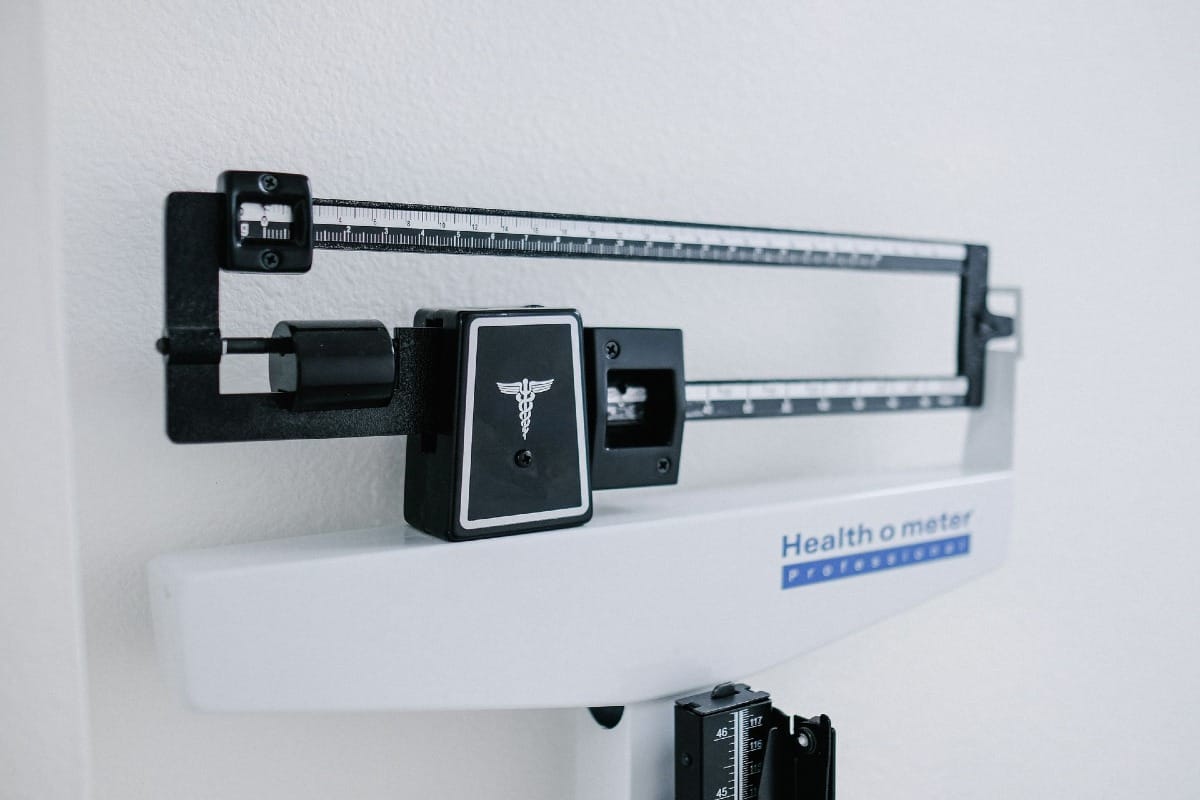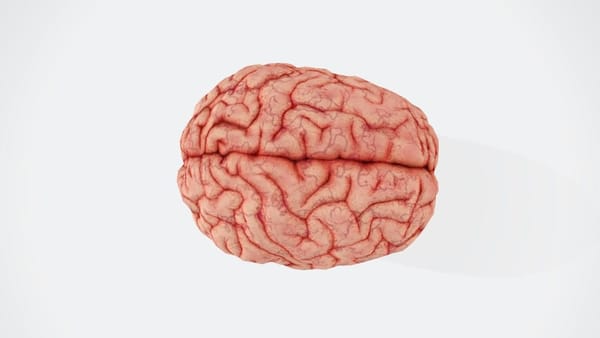In the complex journey of eating disorder recovery, exercise often emerges as a double-edged sword. While it can be a source of anxiety and compulsion for some individuals struggling with eating disorders, recent research highlights the potential benefits of carefully integrated physical activity in the recovery process. This article explores how exercise, when approached mindfully and under professional guidance, can support eating disorder recovery and contribute to overall well-being.
Understanding the Role of Exercise in Eating Disorder Recovery
Eating disorders, such as anorexia nervosa, bulimia nervosa, and binge eating disorder, are complex mental health conditions that significantly impact an individual's relationship with food, body image, and physical activity. Traditionally, exercise has been viewed with caution in eating disorder treatment due to its potential to exacerbate symptoms or become a means of compensatory behavior[1].
However, recent studies suggest that incorporating appropriate forms of exercise into recovery programs can yield positive outcomes when implemented carefully and under professional supervision. This shift in perspective recognizes the potential of physical activity to support both physical and mental health aspects of recovery.
The Benefits of Exercise in Eating Disorder Recovery
When integrated thoughtfully into treatment plans, exercise can offer several benefits for individuals recovering from eating disorders:
Improved Body Image: Engaging in non-appearance-focused physical activities can help individuals develop a more positive relationship with their bodies. By emphasizing function over form, exercise can shift the focus from aesthetic concerns to appreciating what the body can do[1].
Enhanced Mood and Mental Health: Regular physical activity is known to release endorphins, which can help alleviate symptoms of depression and anxiety often associated with eating disorders. Exercise can provide a natural mood boost and contribute to overall emotional well-being[1].
Stress Reduction: Appropriate forms of exercise can serve as healthy coping mechanisms for managing stress, which is crucial in eating disorder recovery. Activities like yoga, tai chi, or gentle stretching can promote relaxation and mindfulness.
Increased Body Awareness: Mindful movement practices can help individuals reconnect with their bodies in a positive way, fostering a sense of body awareness and acceptance that is often lacking in eating disorders.
Social Connection: Group exercise activities or team sports can provide opportunities for social interaction and support, combating the isolation often experienced by those with eating disorders.
Improved Physical Health: Gradual reintroduction of exercise can help address physical health concerns associated with eating disorders, such as bone density loss, muscle weakness, and cardiovascular issues.
Guidelines for Incorporating Exercise in Eating Disorder Recovery
While exercise can be beneficial, it's crucial to approach it carefully in the context of eating disorder recovery. Here are some important guidelines to consider:
Professional Supervision: Any exercise program should be developed and monitored by a multidisciplinary team, including mental health professionals, nutritionists, and exercise specialists familiar with eating disorders[1].
Individualized Approach: Exercise plans must be tailored to each individual's specific needs, considering their physical health, stage of recovery, and relationship with exercise.
Focus on Enjoyment: Emphasize activities that bring joy and satisfaction rather than those focused solely on calorie burning or body shaping.
Gradual Progression: Start with low-intensity activities and gradually increase duration and intensity as appropriate, always prioritizing the individual's overall well-being.
Mindful Movement: Incorporate mindfulness practices into physical activities to promote body awareness and reduce anxiety associated with exercise.
Balanced Nutrition: Ensure that increased physical activity is supported by appropriate nutritional intake, working closely with a registered dietitian.
Regular Assessment: Continuously evaluate the impact of exercise on physical and mental health, adjusting the program as needed.
Types of Exercise Beneficial for Eating Disorder Recovery
Certain forms of exercise may be particularly well-suited for individuals in eating disorder recovery:
Yoga: With its focus on mind-body connection and gentle movement, yoga can promote body acceptance and reduce stress.
Walking: A low-impact activity that can be easily moderated and enjoyed in various settings, walking provides both physical and mental health benefits.
Strength Training: When approached carefully, resistance exercises can help rebuild muscle mass and improve body composition in a non-threatening manner.
Dance: Expressive movement therapies like dance can foster creativity, body awareness, and emotional release.
Swimming: The buoyancy of water can provide a supportive environment for gentle exercise, reducing impact on joints and promoting relaxation.
Tai Chi: This ancient practice combines slow, deliberate movements with breathing exercises, promoting balance, flexibility, and mindfulness.
Challenges and Considerations
While exercise can be beneficial, it's important to acknowledge potential challenges:
Compulsive Tendencies: For some individuals, exercise may trigger or exacerbate compulsive behaviors. Close monitoring and clear guidelines are essential.
Overexertion Risks: There's a risk of overexertion, especially among those with a history of excessive exercise. Establishing clear boundaries and emphasizing moderation is crucial.
Body Image Concerns: Exercise environments like gyms may provoke anxiety or body comparison. Creating safe, supportive exercise spaces is important.
Nutritional Balance: Increased physical activity must be balanced with appropriate nutrition to support recovery and prevent relapse.
Emotional Triggers: Certain types of exercise or environments may trigger negative emotions or memories. Identifying and addressing these triggers is part of the recovery process.
The Role of Healthcare Professionals
Healthcare professionals play a critical role in successfully integrating exercise into eating disorder recovery:
Assessment and Planning: Conducting thorough assessments to determine an individual's readiness for exercise and developing appropriate, personalized plans.
Education: Providing education on the benefits and potential risks of exercise in the context of eating disorder recovery.
Monitoring: Regularly assessing the physical and psychological impact of exercise and adjusting plans as needed.
Collaboration: Working as part of a multidisciplinary team to ensure a holistic approach to recovery that addresses all aspects of health.
Support and Guidance: Offering ongoing support, encouragement, and guidance throughout the recovery journey.
Research Insights on Exercise in Eating Disorder Recovery
Recent studies have provided valuable insights into the role of exercise in eating disorder recovery:
Positive Associations: Research has shown positive associations between moderate physical activity and improved body image, self-esteem, and quality of life among individuals recovering from eating disorders[1].
Mindful Approaches: Studies emphasize the importance of mindful, non-judgmental approaches to exercise that focus on body awareness and enjoyment rather than appearance or performance.
Long-term Benefits: Some research suggests that individuals who successfully integrate appropriate exercise into their recovery may have better long-term outcomes and reduced risk of relapse.
Psychological Impact: Exercise has been shown to have positive effects on mood, anxiety, and depression, which are common comorbidities in eating disorders.
Conclusion
Exercise, when approached thoughtfully and under professional guidance, can be a valuable component of eating disorder recovery. By focusing on the joy of movement, body awareness, and overall well-being, physical activity can support both physical and mental health aspects of recovery. However, it's crucial to recognize that every individual's journey is unique, and exercise plans must be carefully tailored and monitored to ensure they contribute positively to the recovery process.
As research in this area continues to evolve, healthcare professionals and individuals in recovery can work together to harness the potential benefits of exercise while mitigating risks. By fostering a balanced, mindful approach to physical activity, exercise can become not just a part of recovery, but a celebration of the body's strength and resilience.
Citations:
[1] https://medicalxpress.com/news/2024-08-disorder-recovery.html












Member discussion